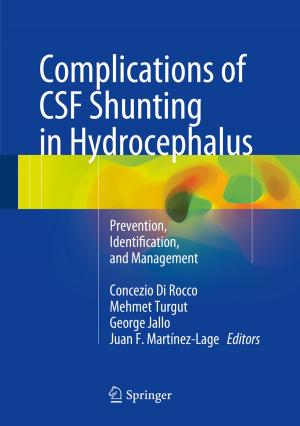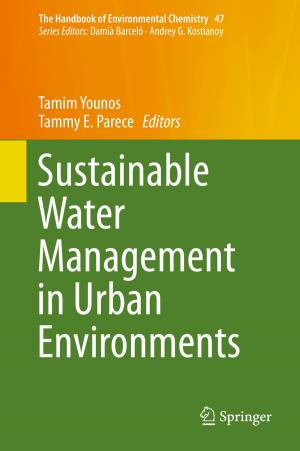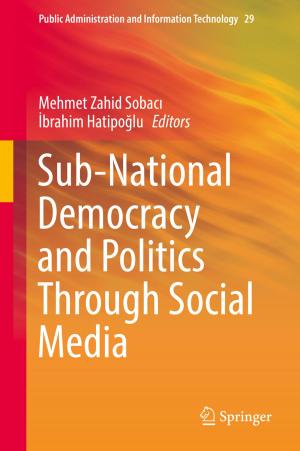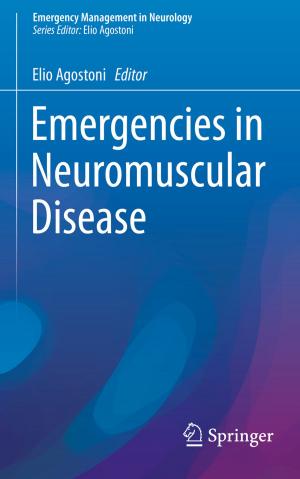Ecotourism’s Promise and Peril
A Biological Evaluation
Nonfiction, Science & Nature, Science, Biological Sciences, Zoology, Biology| Author: | ISBN: | 9783319583310 | |
| Publisher: | Springer International Publishing | Publication: | October 9, 2017 |
| Imprint: | Springer | Language: | English |
| Author: | |
| ISBN: | 9783319583310 |
| Publisher: | Springer International Publishing |
| Publication: | October 9, 2017 |
| Imprint: | Springer |
| Language: | English |
Intended as a guide for wildlife managers and ecotourism operators, as well as interested ecotourists, this book addresses the biological principles governing how ecotourism affects wildlife. The introductory chapters focus on four key responses to human visitation—behavioral, physiological, ecological, and evolutionary. Readers will discover ecotourism’s effects on biodiversity in connection with various industries that are habitat or taxonomically specific: fish tourism (including both freshwater and marine), marine mammal tourism, the huge industry centered on terrestrial animals, and the well-studied industry of penguin tourism.
Given that the costs and benefits of ecotourism cannot be meaningfully assessed without understanding the human context, particular attention is given to how ecotourism has been used as part of community development. In closing, the book synthesizes the current state of knowledge regarding best practices for reducing human impacts on wildlife. The final chapter highlights key research questions that must be addressed to provide more evidence-based guidelines and policy.
Intended as a guide for wildlife managers and ecotourism operators, as well as interested ecotourists, this book addresses the biological principles governing how ecotourism affects wildlife. The introductory chapters focus on four key responses to human visitation—behavioral, physiological, ecological, and evolutionary. Readers will discover ecotourism’s effects on biodiversity in connection with various industries that are habitat or taxonomically specific: fish tourism (including both freshwater and marine), marine mammal tourism, the huge industry centered on terrestrial animals, and the well-studied industry of penguin tourism.
Given that the costs and benefits of ecotourism cannot be meaningfully assessed without understanding the human context, particular attention is given to how ecotourism has been used as part of community development. In closing, the book synthesizes the current state of knowledge regarding best practices for reducing human impacts on wildlife. The final chapter highlights key research questions that must be addressed to provide more evidence-based guidelines and policy.















